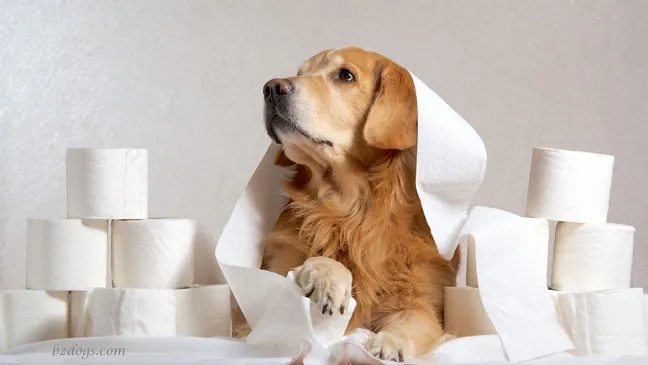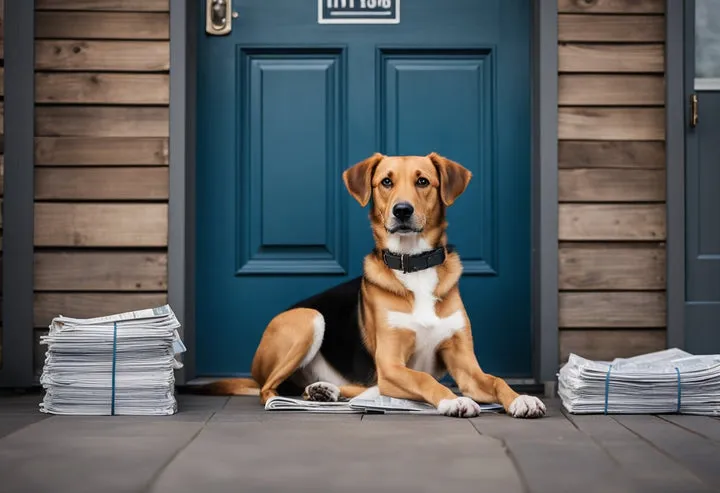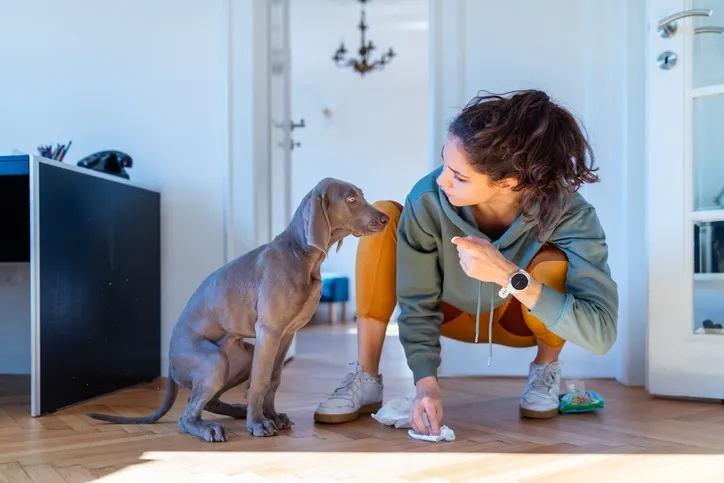Potty education is generally associated with puppies, however Housebreaking an Older Dog older canine isn't always handiest feasible—it may be surprisingly worthwhile. Whether you have got followed a rescue canine, are retraining a senior pet, or handling behavioral setbacks, older puppies can research new behavior with consistency, staying strength, and the proper techniques.
In this whole manual, we’ll cowl everything you need to understand about burglary an older dog—from understanding their conduct to actionable steps, not unusual mistakes, and pointers to make the way easy for each you and your bushy partner.
Attending a bridal bathe? Whether it’s a elegant garden birthday celebration, a glamorous brunch, or a casual out of doors amassing, selecting the proper outfit is key. You need to appearance stylish, feel secure, and complement the bride—with out overshadowing her!
Read Also: Male Black Russian Terrier Potty Training Behavior
Why Older Dogs May Need Housebreaking?

- Older dogs may additionally want potty education for several motives:
- They had been never nicely educated. Some puppies, mainly the ones from shelters or not noted houses, have been never taught wherein to transport.
- Behavioral regression. Changes inside the circle of relatives, pressure, or clinical issues can cause a formerly educated dog to regress.
- Health troubles. Incontinence, urinary tract infections (UTIs), or age-associated situations may also moreover reason accidents.
- Moving to a ultra-modern domestic. Dogs regularly associate their bathroom behavior with familiar surroundings, so a ultra-modern surroundings may additionally require re-schooling.
Is It Harder to Train an Older Dog?
Older dogs can also take a bit longer to train than dogs, but they've a chief benefit: they might consciousness for longer periods and regularly have a more potent desire to delight their owners. The secret is to use notable reinforcement, stick with a schedule, and be affected individual.
Step-via-Step Guide to Housebreaking an Older Dog
Step 1: Rule Out Medical Issues
Before beginning any schooling plan, visit a veterinarian to ensure your dog doesn’t have a fitness hassle inflicting injuries. Common clinical reasons include:
- Urinary tract infections
- Diabetes
- Kidney disease
- Age-related incontinence
- Cognitive dysfunction syndrome
Once you’ve ruled out the ones issues, you could begin regular schooling.
You May Also Like: How Long Do Pit Bulls Live
Step 2: Establish a Consistent Schedule
- Dogs thrive on habitual. A regular time desk teaches them while to count on food, walks, and toilet breaks.
- Suggested Schedule:
- Morning: First potty destroy after waking up
- After food: Within 15–1/2-hour of eating
- Midday: If you’re domestic, offer a further harm
- Evening: After dinner and earlier than bed
- Overnight: Optional for seniors or people with vulnerable bladders
- Tip: Keep feeding times constant to regulate their digestive machine.
Step 3: Designate a Bathroom Spot

Choose a selected region out of doors in which you want your dog to alleviate themselves. Always lead them to the equal spot to assemble association and addiction.
Use cue phrases like “Go potty” or “Do your business enterprise” after they begin to go, then reward them right away after.
Step 4: Supervise Indoors
- Until your canine is fully housebroken, you have to supervise them indoors to save you accidents.
- Try those equipment:
- Leashing indoors: Keep your dog on a brief leash beside you.
- Baby gates: Restrict get entry to to one room at a time.
Crating: Use a crate to educate bladder manipulate, in particular while you could’t supervise.
Step 5: Use Positive Reinforcement
- Dogs respond first-rate to rewards. When your canine potties inside the right spot, right away praise them with:
- Verbal praise (“Good method!”)
- A small treat
- Petting or playtime
Avoid punishment for accidents. Scolding after the fact most effective creates confusion and fear—it doesn’t teach what behavior is accurate.
Step 6: Clean Accidents Thoroughly
- Accidents will take location. When they do, use enzymatic cleaners to get rid of odors that encourage your canine to transport once more inside the same spot.
- Avoid ammonia-primarily based cleaners (which odor like urine to puppies).
- Housebreaking an Older Dog Tips for Different Living Situations
For Apartment Dwellers:
- Use pee pads or an indoor potty patch in case you can not get outside speedy.
- Schedule potty breaks round elevator wait times or shared courtyard get right of entry to.
- Try bell education: train your dog to strike a chord at the door once they need to move.
For Adopted or Rescue Dogs:
- Start with crate training to help construct agree with and set up exercises.
- Go slowly and deliver them time to regulate to their new home.
- Consider preceding trauma—they may need greater reassurance.
For Senior Dogs:
- Be affected character; age-related situations may additionally additionally slow development.
- Add greater frequent breaks inside the route of the day and night time.
- Consider doggy diapers or stomach bands in some unspecified time in the future of the transition length.
Common Housebreaking Mistakes to Avoid

- Inconsistent agenda: Skipping walks or feeding at special times confuses the dog.
- Punishment-primarily based training: This creates fear, no longer gaining knowledge of.
- Lack of supervision: You can’t correct conduct you don’t see.
- Inadequate cleaning of accidents: If it smells like a relaxation room, they’ll hold the usage of it.
- Expecting without delay consequences: Older puppies may take weeks or maybe months to completely modify.
You May Also Like: How to DIY Obedience Train Your Dog
When to Use Crate Training?
Crates are alternatively beneficial for burglary older puppies, as they take advantage of a canine’s instinct not to soil where they sleep.
How to Crate Train:
- Choose a crate clearly huge sufficient for your canine to face, flip, and lie down.
- Let your canine discover the crate and accomplice it with remarkable topics (toys, treats).
- Gradually increase time inside the crate, mainly in some unspecified time in the future of naps or while you’re out.
- Take your canine out right away after crate time and reward them for going potty.
- Note: Never use the crate for punishment.
Signs Your Dog Needs a Potty Break
- Learning to observe your dog’s frame language can prevent injuries:
- Circling or sniffing the ground
- Pacing or whining
- Staring on the door or barking
- Suddenly leaving the room
- Lifting leg or squatting
- When in doubt, take them out.
How Long Does Housebreaking Take?
Every canine is considered one of a kind. Some older dogs take a look at within some weeks, while others also can take some months relying on age, history, and consistency of training.
General Timeline:
- 1–2 weeks: Improvement with a consistent time table
- three–6 weeks: Fewer accidents indoors
- 6+ weeks: Fully housebroken, however supervision should keep
- Be patient. Celebrate small wins and live normal.
When to Call a Professional Trainer?
If your canine keeps to have accidents after weeks of strive, or in the event that they display signs and symptoms of anxiety or aggression, it may be time to call a professional dog trainer or behaviorist. They can assist perceive troubles and customise a schooling plan.
Final Thoughts
Housebreaking an Older Dog calls for strength of mind, however it is genuinely practicable with the right attitude and gear. Remember: staying power, positivity, and consistency are your nice allies.
Your canine desires to please you. By placing them up for achievement with a routine, supervision, and powerful reinforcement, you are not simplest teaching them wherein to move—you're strengthening the bond among you and your dependable accomplice.